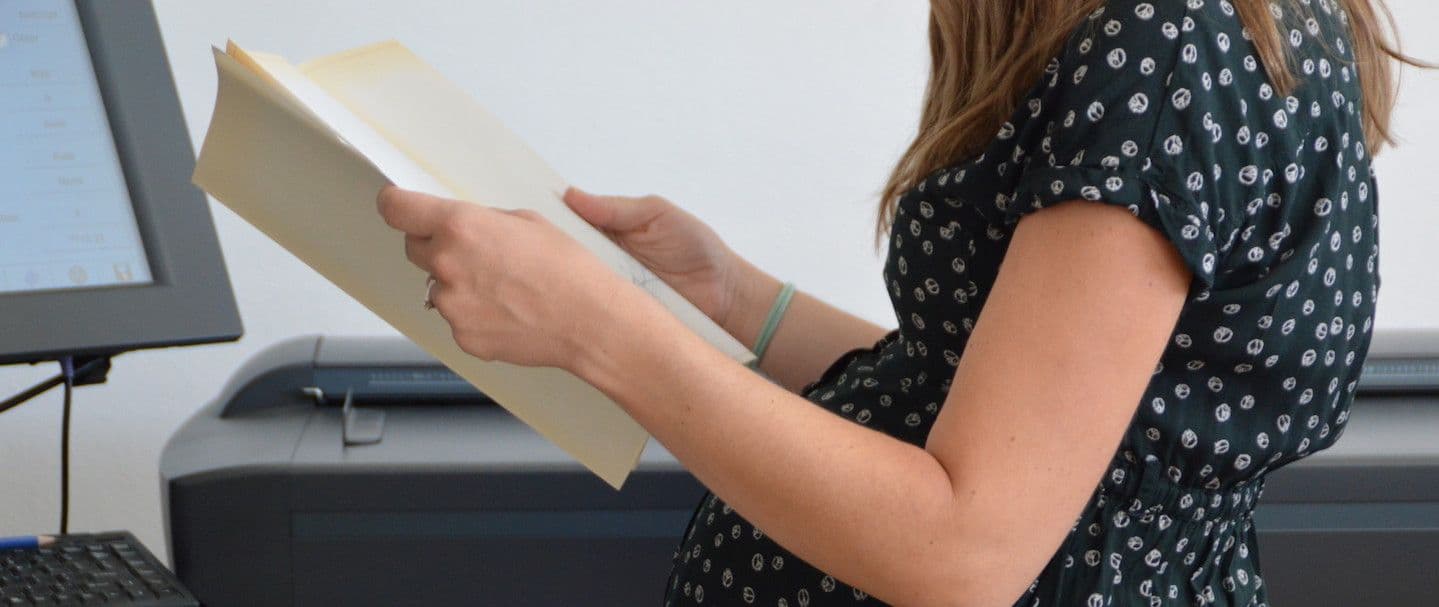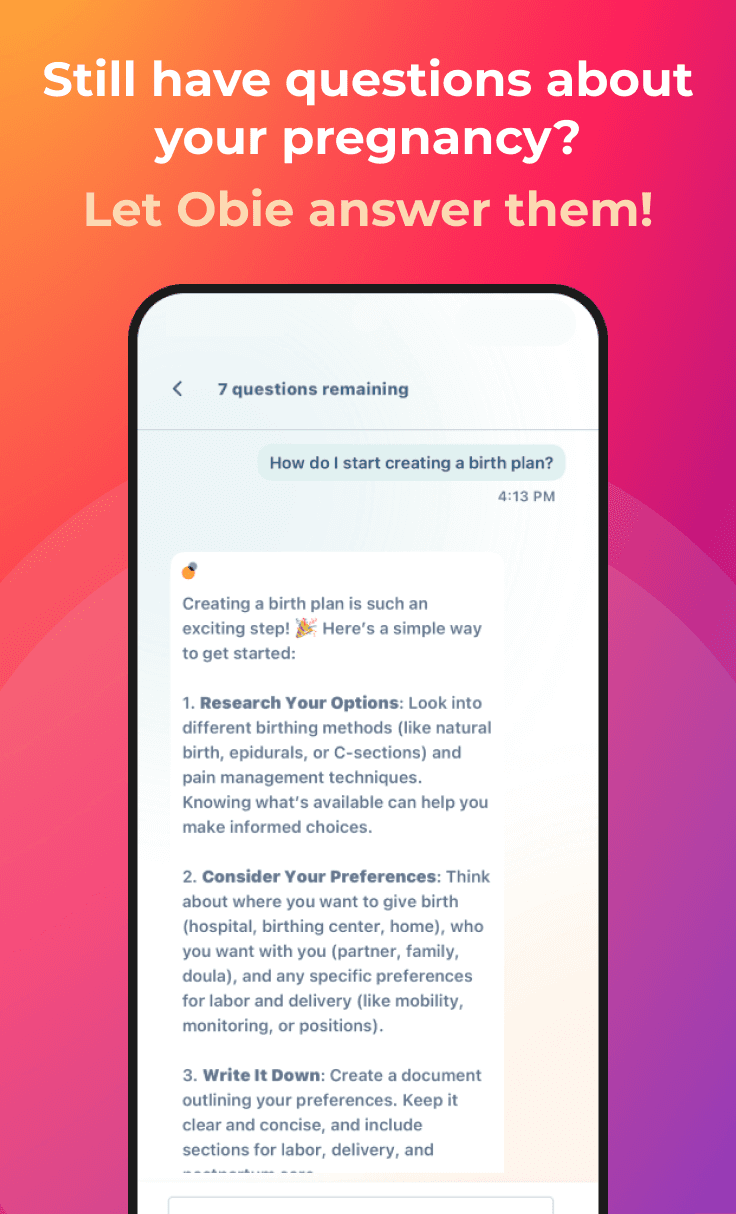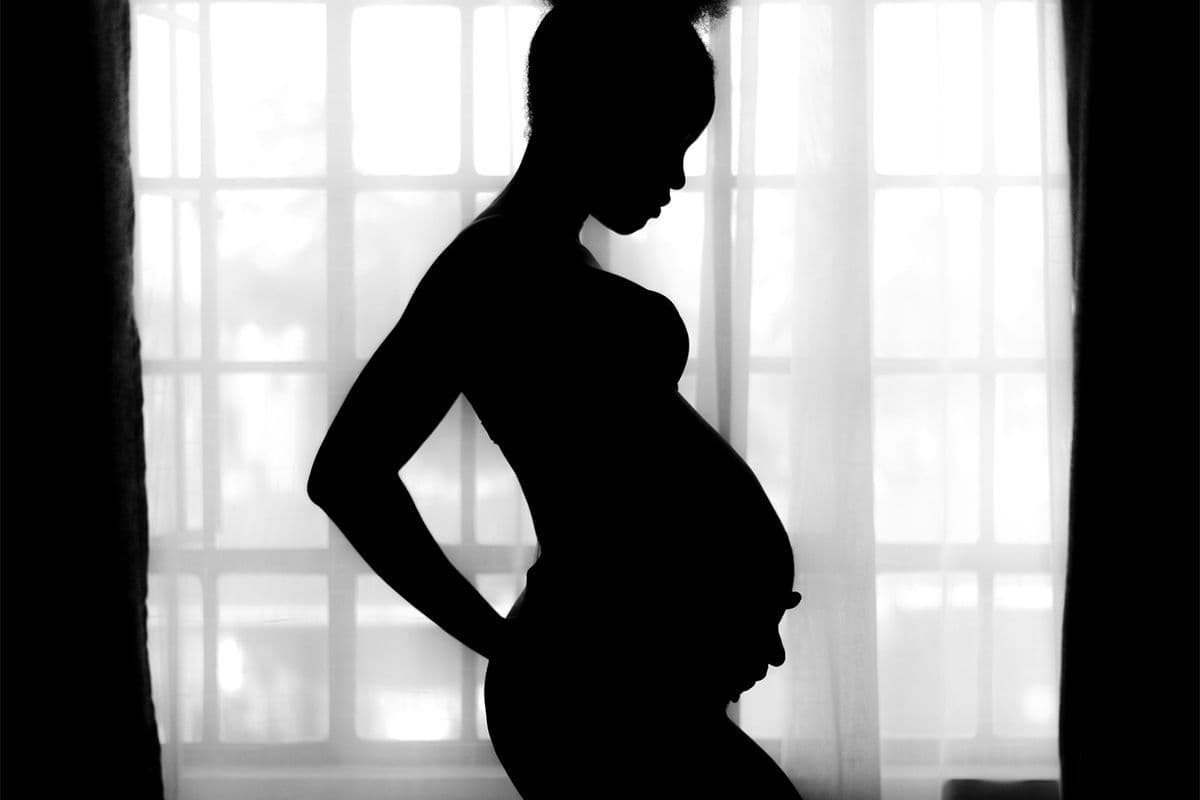Working During Pregnancy Guide
Work During Pregnancy
Obie Editorial Team

In today's world, most women work and keep working throughout their pregnancy. However, being pregnant may present challenges in the workplace. The New York Times revealed widespread discrimination against pregnant women in some of the largest companies.
To stay healthy and productive on the job, and continue with a healthy pregnancy you should understand how to navigate both, deal with your work's pregnancy guidelines, let them know that you are pregnant, lessen common pregnancy discomforts, and know when a work task might endanger your pregnancy or when a pregnancy complication requires you to decrease your workload or not work at all.
Here is a state-by-state map of pregnancy discrimination laws, breastfeeding and leave rights. The U.S. Department of Labor has also published a map of employment protection for pregnant or nursing workers.
Nearly one-half of all US states and the District of Columbia have passed laws to explicitly grant pregnant employees the right to reasonable accommodations at work. Read more here and read the pdf here.
Everything you need to know regarding working during pregnancy
- Your workplace and your pregnancy health
- When to stop working during pregnancy
- Do's and don't's of office life during pregnancy
- Is it healthy to work until my due date?
- When should I return to work after delivery?
- Risk of work in cosmetology during pregnancy
- Best clothes to wear to work when pregnant
- Tips for staying comfortable at work
- Pregnancy, maternity leave, and the work-family conflict
- The best-packaged meal for work during pregnancy
- The best work posture during pregnancy
- Reproductive health issues in common jobs
- How to tell co-workers about your pregnancy
Is this safe while pregnant?
- Specific exposures during pregnancy and breastfeeding
- Lifting during pregnancy- How much is considered safe?
Work exposures that are dangerous for pregnancy
- Anesthetic Gases
- Antineoplastic (Chemotherapy) Drugs
- Chemical disinfectants
- Cosmetologists
- Epoxies and Resins
- Formaldehyde
- Hairdressers
- Heat
- Infectious Agents
- Lead and Other Heavy Metals
- Noise
- Paint and paint fumes
- Pesticides
- Physical Demands (Lifting, Standing, Bending)
- Radiation - Ionizing
- Radiation - Nonionizing
- Secondhand Smoke
- Smoke and Byproducts of Burning
- Solvents
- Work Schedule (Shift Work and Long Working Hours)
Read More











